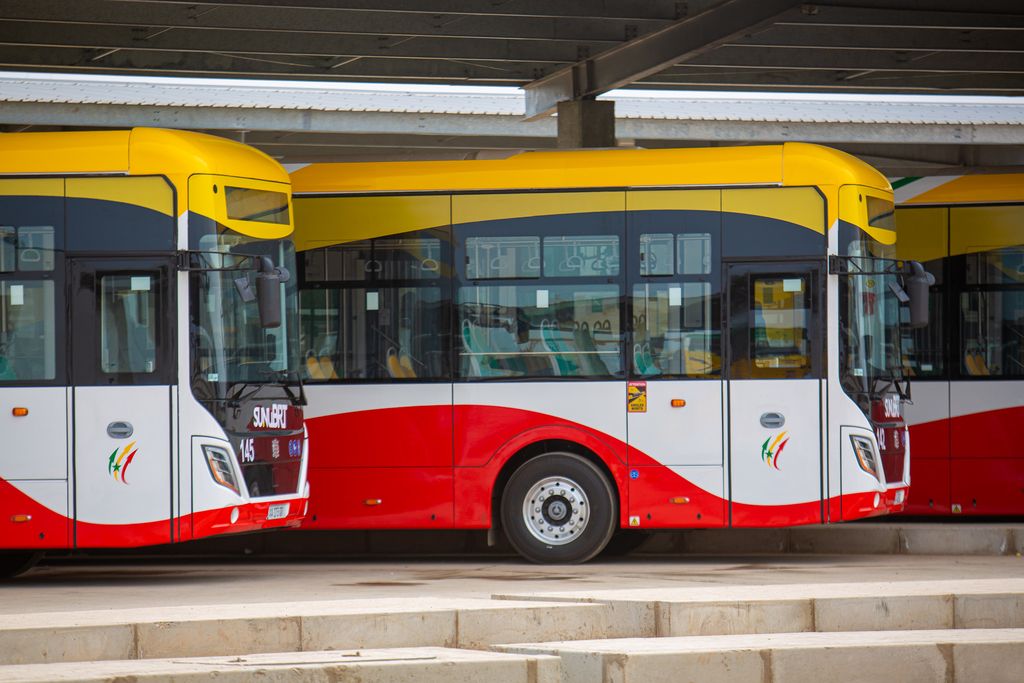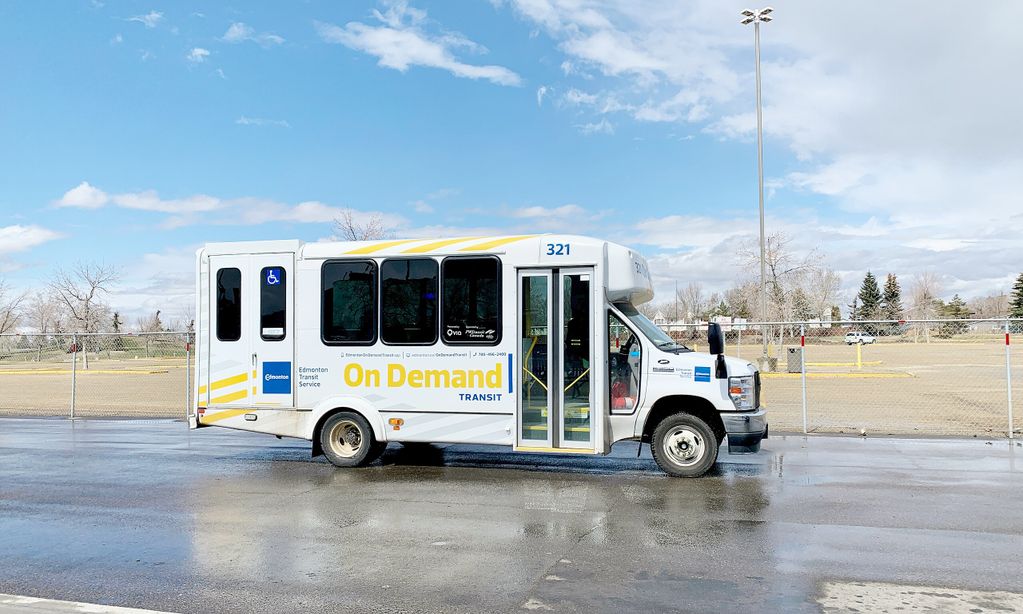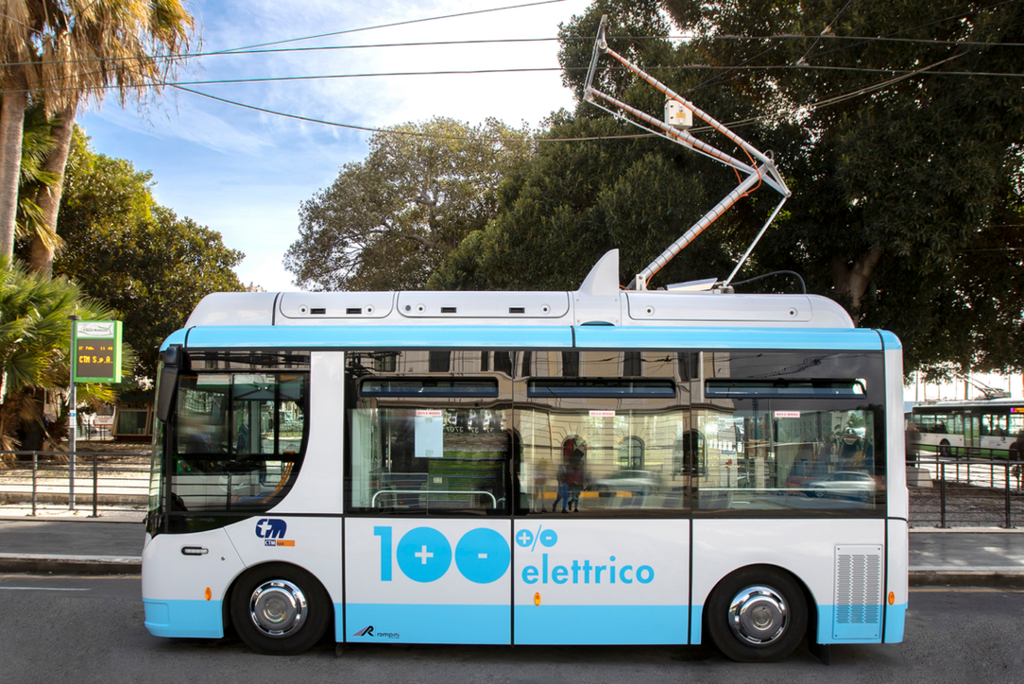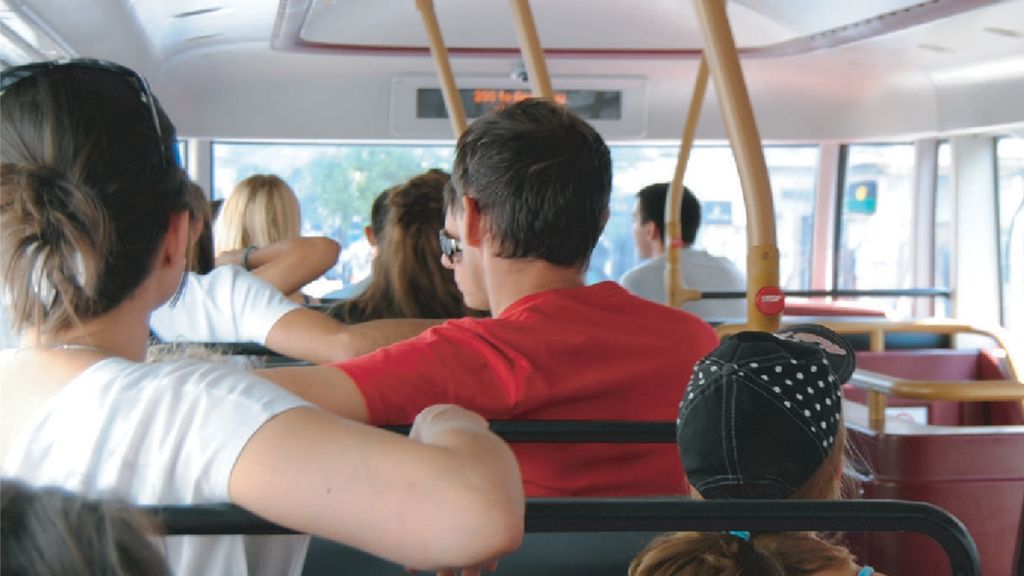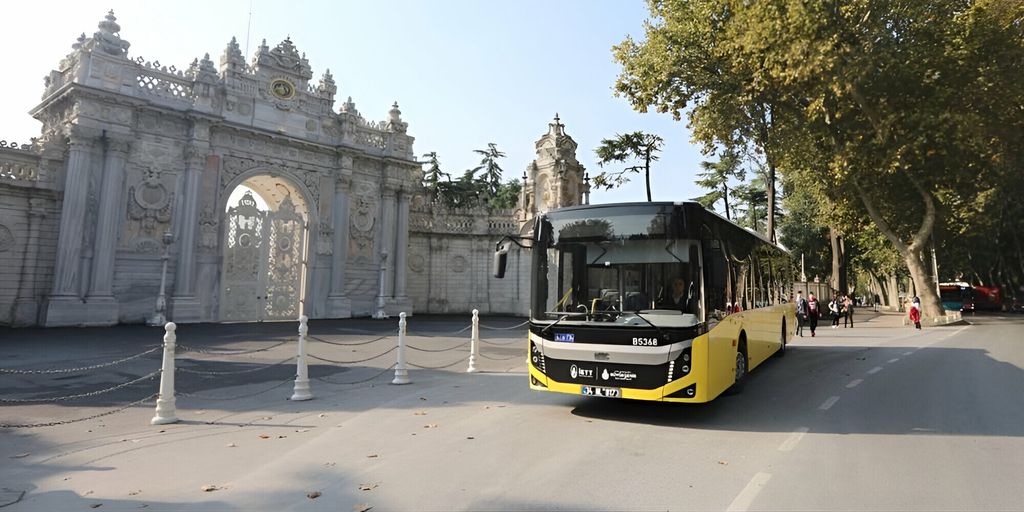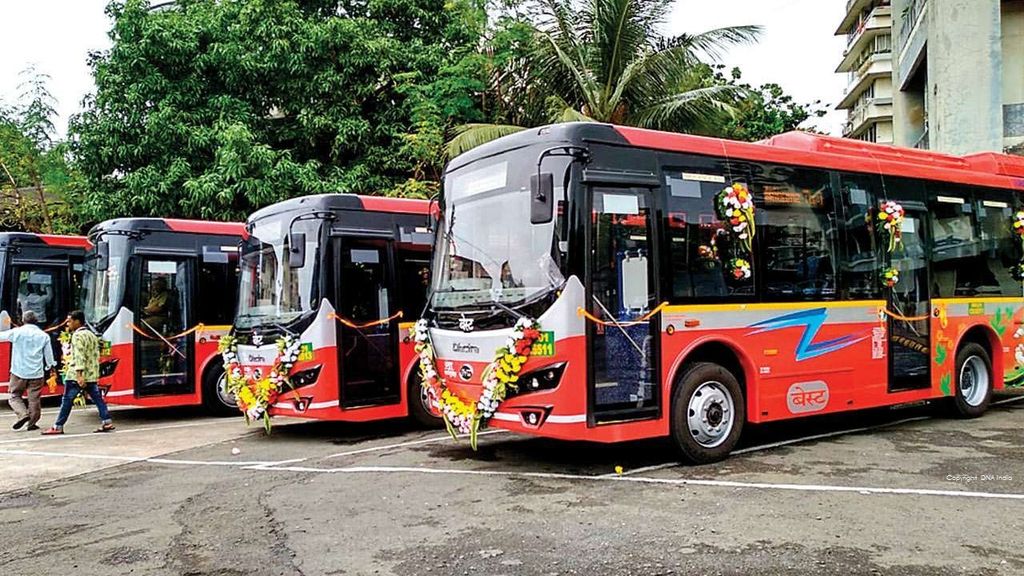
Accelerating e-bus deploypment: UITP India launches two reports on electric buses
How can we accelerate e-bus deployment?
The transition to the new era of electric buses presents the opportunity to pursue zero-emission transport in Indian cities with a potential to yield a variety of benefits, including improved energy efficiency and air quality, along with longer-term climate change mitigation benefits. Despite these benefits, the higher costs associated with the transition to e-buses has limited the pace of electrification of the bus transport sector.
The FAME scheme adopted by the Government of India addresses this set back by providing financial incentives to accelerate e-bus deployment. However, the COVID pandemic has induced financial constraints causing Indian bus agencies to postpone their plans of pilot and scale up e-buses under FAME-II. The contracting and deployment of these buses is now likely to be implemented in early 2021, as India recovers from COVID-19 and normal activities can resume.
From a successful webinar to launching two much needed Reports
In 2020, UITP India in partnership with Shakti Sustainable Energy Foundation (SSEF) conducted a webinar on “Procurement and performance evaluation of electric buses in India”.
The webinar became host to the topics including the need to focus on e-buses, current and likely issues to be encountered in e-bus procurement, suitable and innovative business models to be adopted and the areas of improvement for stakeholders. It received excellent response with 268 registrations, from 91 companies based in 26 countries.
The panel discussion in the webinar focused on the performance evaluation of electric buses currently in operation and the procurement process being undertaken by the same in cities in India. The panellists included. Mr. Gerald P Ollivier, Lead Transport Specialist at World Bank Group; Mr Chandan Mishra, Manager (Operations) at CRUT, Bhubaneshwar; and Mr Chandrakant Birajdar, Executive Engineer (Projects and planning) at BEST, Mumbai.
The webinar included two report launches:
Performance Evaluation Framework for Electric Buses in India
The report identifies the key performance evaluation matrices for e-bus deployment. The study categorised e-bus performance evaluation indicators into three categories:
- Bus system details including bus specifications, infrastructure, operations, energy and personnel
- Funding and financials consisting of capital and operational cost details
- Other indicators including attitude and perception of users
Electric Bus Procurement under FAME-II: Lessons learnt and recommendations for Phase-II
The second Report provides insights for policy makers and authorities tendering out e-buses. The report bases itself on tenders carried out under FAME-II and the status of e-bus deployment. It presents the lessons learnt, while identifying potential measures to improve the financial performance in upcoming procurement.
Interested to hear more? The webinar highlights are available here
Learn more about best practices for a successful deployment in the bus sector in our upcoming training programme on on-demand buses and shared services. Register today!




